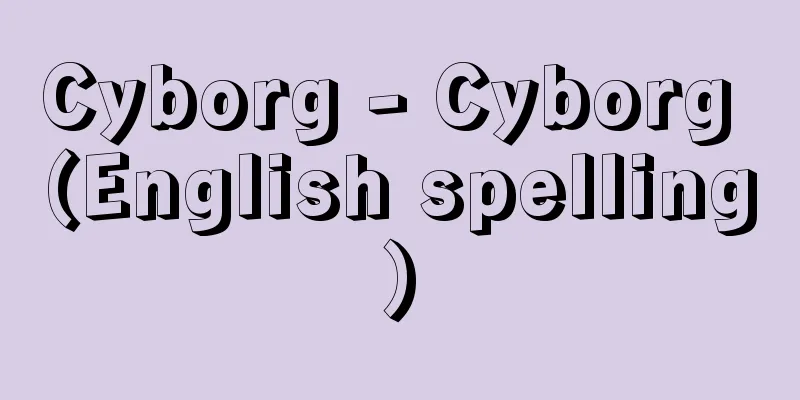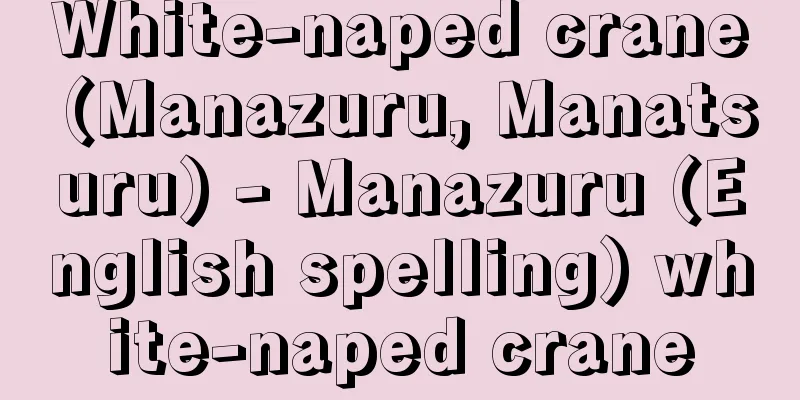Isshinkai - Isshinkai

|
An organization that developed the movement for the unification of Japan and Korea at the end of the Joseon Dynasty. It is also called the United Iljinhoe. Under the direction of Son Byeong-hee, the third head of Donghak, Lee Yong-gu (1868-1912) merged Donghak's Progress Association and Song Byeong-jun's Iljinhoe in 1904 to form the organization, with Lee Yong-gu as chairman. Its main activities included cooperation with Japan during the Russo-Japanese War, educational projects, speeches, development projects, and the publication of a journal. In 1905, the organization declared in favor of the Eulsa Protectorate Treaty (Second Japan-Korea Treaty), which provoked opposition from the Righteous Army and others, and Son Byeong-hee, fearing government oppression of Donghak, excommunicated Lee Yong-gu and others. They attempted to form a three-way alliance with the Korean Association and the Northeastern Society, which were in opposition to the government and the Righteous Army, but failed. In 1909, they submitted a memorial and petition to the Korean Emperor, Prime Minister, and Japanese Resident-General to promote the unification of Japan and Korea, which drew criticism from the public. In August of the following year, 1910, Korea was annexed, and they were dissolved along with other groups. [Harada Tamaki] "Kim Dong-myung, "Isshinkai and Japan" (Collection of Papers of the Korean History Research Society, Vol. 31, 1993, Korean History Research Society) " "Nagashima Hiroki, "The Activities of the Isshinkai and Its Development" (Annual Report of Korean Studies, Vol. 5, 1995, Kyushu University Korean Studies Research Society)" [References] | | | |Source: Shogakukan Encyclopedia Nipponica About Encyclopedia Nipponica Information | Legend |
|
朝鮮の李朝(りちょう)末期に日韓合邦運動を展開した団体。合同一進会ともいう。東学の第3代教主孫秉煕(そんへいき/ソンビョンヒ)の指示により、李容九(りようきゅう/イヨング)(1868―1912)が東学の進歩会と宋秉畯(そうへいしゅん/ソンビョンジュン)の一進会とを1904年に合同して結成したもので、会長は李容九。おもな活動は日露戦争時の日本への協力、教育事業、演説会、開拓事業、機関誌の発行など。1905年に乙巳(いっし)保護条約(第二次日韓協約)に賛成宣言をしたことで義兵等の反発を招き、東学への政府の弾圧を恐れた孫秉煕は李容九らを破門した。政府や義兵と対立する大韓協会や西北学会と3派提携を試みたが実現しなかった。1909年、日韓合邦を推進するべく上奏文と請願書を韓国の皇帝と首相、日本の統監に提出し、世論の非難を浴びた。翌1910年8月、韓国併合が行われ、他の団体とともに解散させられた。 [原田 環] 『金東明著「一進会と日本」(『朝鮮史研究会論文集』31所収・1993・朝鮮史研究会)』▽『永島広紀著「一進会の活動とその展開」(『年報 朝鮮学』5所収・1995・九州大学朝鮮学研究会)』 [参照項目] | | | |出典 小学館 日本大百科全書(ニッポニカ)日本大百科全書(ニッポニカ)について 情報 | 凡例 |
Recommend
Casting - Chuzo (English spelling) casting
Metal is heated and melted, then poured into a mo...
Lake Oshino - Oshinoko
...First, the Saruhashi lava flow formed two lake...
Small drum - Kotsuzumi
A Japanese string-fastened membranous instrument. ...
Izumi
[1] 〘Noun〙① (meaning “spring”) Water that springs ...
Diving petrel - Diving petrel
A general term for birds of the Pelecanoididae fam...
Adam's-needle
...It blooms from summer to autumn and has a long...
convulsions
Convulsions are involuntary, paroxysmal contractio...
Williams, W.
…David Simmons's Great New Zealand Myths (197...
Islamic Music
A general term for the religious musical practice...
Theory of phonemes - Onsohairetsuron
…The internal conjunction /+/ seen in an aim/ən+e...
Iitaka Station
A roadside station in Matsusaka City, Mie Prefectu...
Gujo Domain
A small-to-medium-sized Fudai domain with its head...
Kikkaiki - Kikkaiki
…He was appointed Minister of the Interior after ...
garden orach(e) (English spelling) gardenorach
...It is common in dry and saline regions. Many s...
Prehistoric art
This refers to prehistoric art. The prehistoric pe...









